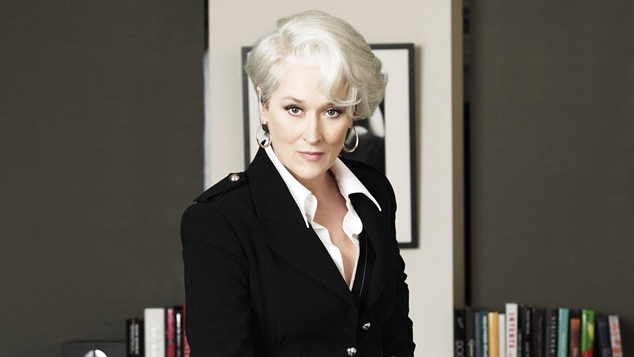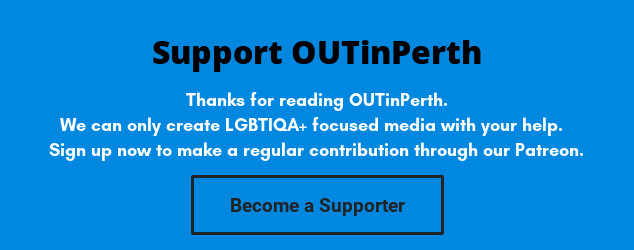
Victoria* was working as a sales representative for a manufacturing company for only two weeks before the bullying started.
At first, her trainer, Jenny*, made snide remarks like “Hanging out by yourself again this weekend, hey?” and “Oh, you’re eating that for lunch!”
While she initially dismissed Jenny’s nastiness and thought it would soon pass, around the two-week mark Victoria and her other colleagues realised something more insidious was happening.
Victoria was being bullied and this was not Jenny’s first offence.
While Jenny would disregard or even help to rectify other colleagues’ costly mistakes, she consistently reprimanded Victoria for the most minor of errors, making a point of doing it in front of the manager.
She also withheld vital information from Victoria, guaranteeing the new employee would make mistakes.
The two and a half months Victoria spent there took a heavy toll on her psychological health and happiness at home. Victoria was treated for severe anxiety, dreaded the drive to work every day and was so stressed at home that she fought with her husband constantly.
After deciding she had had enough, she brought up the matter with her manager.
To her surprise and disgust, he said, “Jenny’s having her period this week – she’ll be better next week.”
Soon after, Victoria handed in her resignation and left.
According to Safe Work Australia, “Workplace bullying is defined as repeated and unreasonable behaviour directed towards a worker or a group of workers that creates a risk to health and safety.
Unreasonable behaviour does not include reasonable management action, such as discussions about work performance, as long as they are taken in a reasonable way.”
In Safe Work Australia’s 2016 report Bullying and Harassment in Australian Workplaces: Results from the Australian Barometer Project 2014/2015, roughly one in ten people surveyed experienced workplace bullying, with 32.6 per cent of those experiencing it on a weekly basis. In 62.3 per cent of cases, the bully was the employee’s direct supervisor.
An equally disturbing report was completed in 2014 by the University of Wollongong, concluding that close to 50 per cent of employees had experienced workplace bullying in their lifetimes. The report also highlighted the psychological and physical consequences of workplace bullying, including depression, anxiety, post-traumatic stress disorder, obesity, migraines and cardiovascular problems.
Members of the LGBTI+ community in the US appear to experience similar, if not higher rates, of workplace bullying, with many being targeted for their appearance or calls for equal rights.
Importantly both reports highlighted the substantial economic cost of bullying, with the Productivity Commission putting the figure at roughly 36 billion dollars annually (2010). Factors such as absenteeism, productivity declines, legal costs, and doctor consults and medicines help to explain the exorbitant cost.
Dr Megan Paull, postgraduate lecturer and researcher at Murdoch University, specialises in the field of workplace bullying. Based on her research of bullying in volunteering settings, one in three people have either experienced workplace bullying or have witnessed it.
However, Dr Paull cautions that the true extent of bullying in Australian workplaces is problematic to ascertain.
Not only does the legal definition of bullying require a behaviour – no matter how hostile or uncivil – to be repeated, Dr Paull says that bullying is in the “eye of the beholder” and surveys are only as strong as their participation rates.
Notwithstanding these research complications, the academic believes workplace bullying will become more prevalent as casualisation and job instability (in the form of short-term contracts) continue to shape the future of the Australian job market.
If you believe you are being bullied at work, Dr Paull recommends taking emotionless, contemporaneous notes, making an appointment with a General Practitioner, accessing Employment Assistant Schemes (if available), and addressing how you feel with the bully at an appropriate and less stressful time.
Wade Zaglas
*Names have been changed to protect identities.





